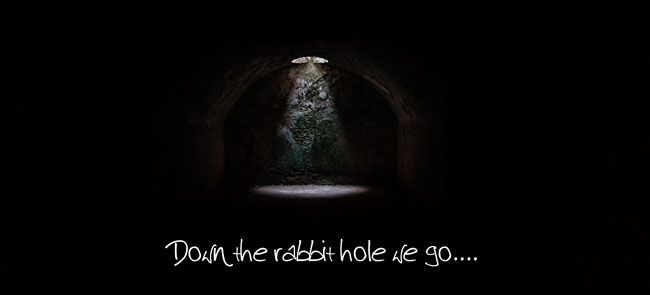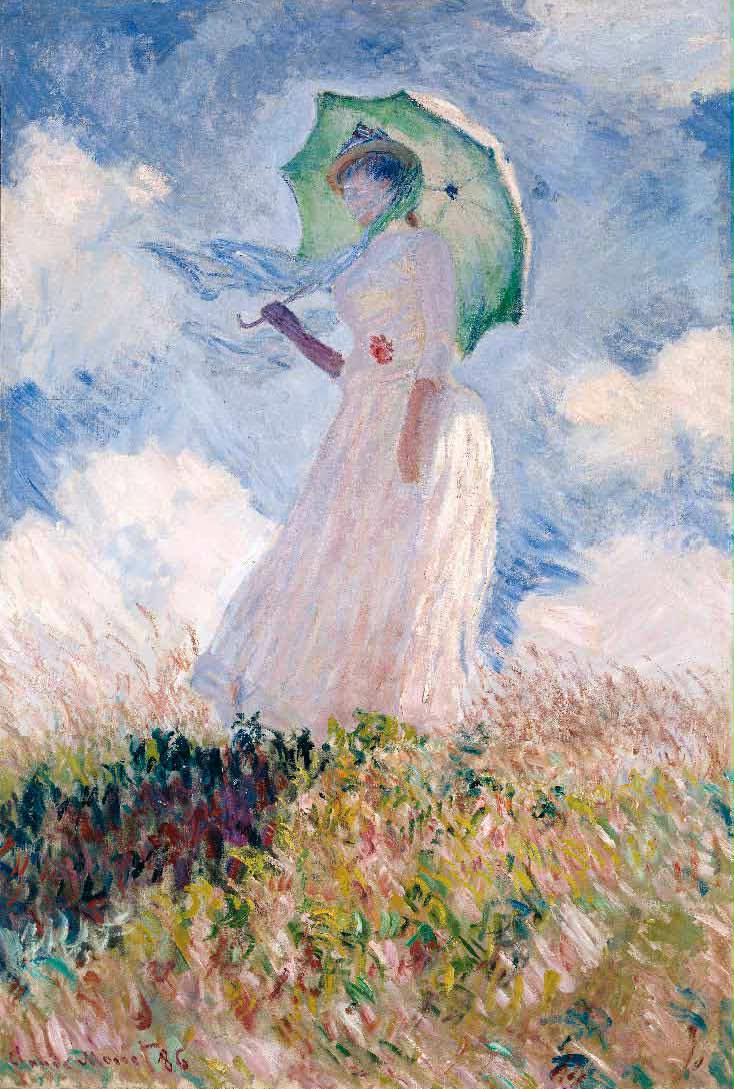And down the rabbit hole he goes. He is scared, terrified. This time it was more dangerous than the last. He could hear his heartbeat punching through his chest; he looked down to the carrot and felt a calming sense of relief and a great feeling of victory. You see, this silly stupid rabbit had an odd way of surviving; he lived in a land where he searched for food for days and days until he almost died of hunger. But suddenly he saw this carrot laying there on the ground. That survival instinct rushed him to it with all the power he had left in his furry skinny body and he got that carrot. Little did he know that it was a trap; a man-made trap, and as soon as the cage fell on him and trapped him into his own death, he knew it, he knew this was it, he was going to die, this was the way he was going to die. He felt rage and hopelessness, is that all it’s going to be? to starve and then be eaten? He was determined to survive and escape, it’s hope again or is it the survival instinct that had him running faster than light when the human being opened the cage in an attempt to catch the rabbit. That silly little rabbit took that carrot with him, he squeezed it as hard as he could between his upper and lower teeth when he ran and took it to his home. Soon to follow, the human being tried to catch him again with the same trick but the rabbit kept his plan, fall for the trick and then escape. It became his way of living and surviving the hunger. It wasn’t always the same, sometimes the rabbit couldn’t escape right away. Once he escaped from the human’s house, and one time he bit the human’s hand while he held him tight. It wasn’t always the same way but he would escape eventually.
She lived in a farm, with nothing to do but to grow food, cook it, eat it, and serve her family. That silly stupid human being had nothing else, no education, no means of entertainment and no future. She would hear stories about the big city, where you could do anything they say, and you could be anything they tell. She was 16 when he came to marry her, she said yes right away, not because of love, but because of hope. He said he’ll take her to the big city where she’ll do anything. She died, after two years in the big city she died. She closed her eyes and watched her dreams fade into nothing. She had a child just after nine months of marriage and she was too young to know how to handle it, then she watched her husband put uptight limits on everything and anything she wanted to do. She lived without love, without freedom, without hope and now she lives without dreams which killed her. Now that silly stupid human being is determined that her child would have a better life. She’ll live her dreams.
She grew up in a small house in the big city with a tired mother and a careless uptight father. Her mother gave her this small thought when she was way too young that she will do anything and be someone, she kept telling her to focus on her education so she would have the best job and wouldn’t need to get married to do whatever she wanted. That thought grew so much over the years in her mind and she was determined that she’ll be independent and strong and do anything she wanted. Half way through her dreams with that college degree and a good job perspective; « You wouldn’t leave the house unless you’re married, you won’t get a better job unless you leave the country. » They shut her down but she was halfway to her dreams. She was 24 when he came to marry her, she said yes right away, not because of love, but because of hope. He said he’ll take her to another country where she’ll have a better job and she’ll do anything.
The land is Tunisia, the hunter is society, the silly stupid rabbit is the female in Tunisia and the carrot is the big dream, the cage is the rules that the Tunisian society gives us. But that rabbit escaped each and every time in a different way yet he didn’t change his way of surviving, he kept going around into the same circle but each time he becomes stronger. One day he’ll find another way to pick that carrot up and break that circle.
Welcome to Tunisia, break that circle and you’ll be free. Change the way you escape and you’ll do anything.


Share your thoughts